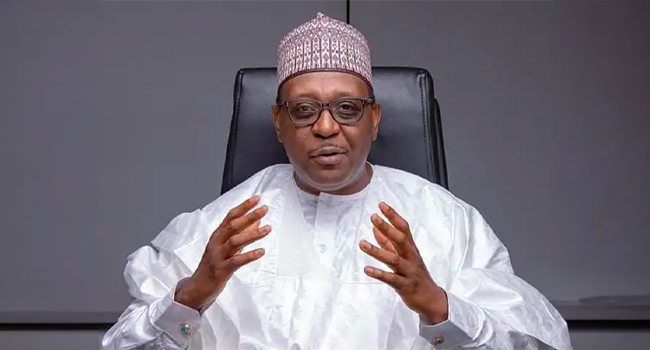The Coordinating Minister of Health and Social Welfare, Professor Ali Pate, has revealed that Nigeria loses approximately $2 billion annually to medical tourism. He emphasised the urgent need for the country to build health sovereignty and reduce reliance on foreign medical care.
Represented by the Chief Medical Director of Lagos University Teaching Hospital (LUTH), Professor Wasiu Adeyemo, Pate made the statement during the commissioning of Avon Medical Centre, a newly established 50-bed speciality hospital in Surulere, Lagos.
He attributed the staggering loss to a lack of public confidence in the local healthcare system and limited access to quality medical services. Despite this, Pate expressed optimism that facilities like Avon Medical Centre could help reverse the trend.
He noted that the government is committed to revitalising the health sector through initiatives such as the Nigeria Health Sector Renewal Investment Initiative and the 2024–2027 Health Sector Strategic Blueprint.
“This is not just about stopping medical tourism. It is about building health sovereignty—the ability of a country to care for its people, and to develop its institutions, talent, and innovation,” Pate stated.
“The government is ready to co-create pathways for private-sector engagement, whether through health insurance expansion, regulatory reform, or partnerships with national health programmes. We welcome Avon Medical and all new private providers as partners in building a healthier, safer, and more equitable Nigeria.”
Also speaking at the event, Lagos State Governor Babajide Sanwo-Olu called for stronger collaboration between the public and private sectors, stressing that the government alone cannot address the challenges in healthcare delivery.
“We must create an enabling environment for private equity and investment to thrive,” he said. “Avon Medical has etched its name in the sands of time in this industry—not only in Lagos but across Nigeria.”
In her remarks, Chairperson of Avon Healthcare Limited, Awele Elumelu, highlighted the pressures on Nigeria’s healthcare system caused by a shortage of doctors, hospital beds, and essential equipment.
“In 2009, we took the bold step to make world-class healthcare accessible and affordable for all—not just the privileged few. That decision birthed Avon Medical and Avon HMO,” she said. “Africa carries over 20 percent of the global disease burden, yet has only one percent of healthcare resources.
“What we are building is a healthcare system that leaves no one behind. We believe in Afri-capitalism—the idea that the private sector has a responsibility not just to generate profit but to create lasting impact.”

